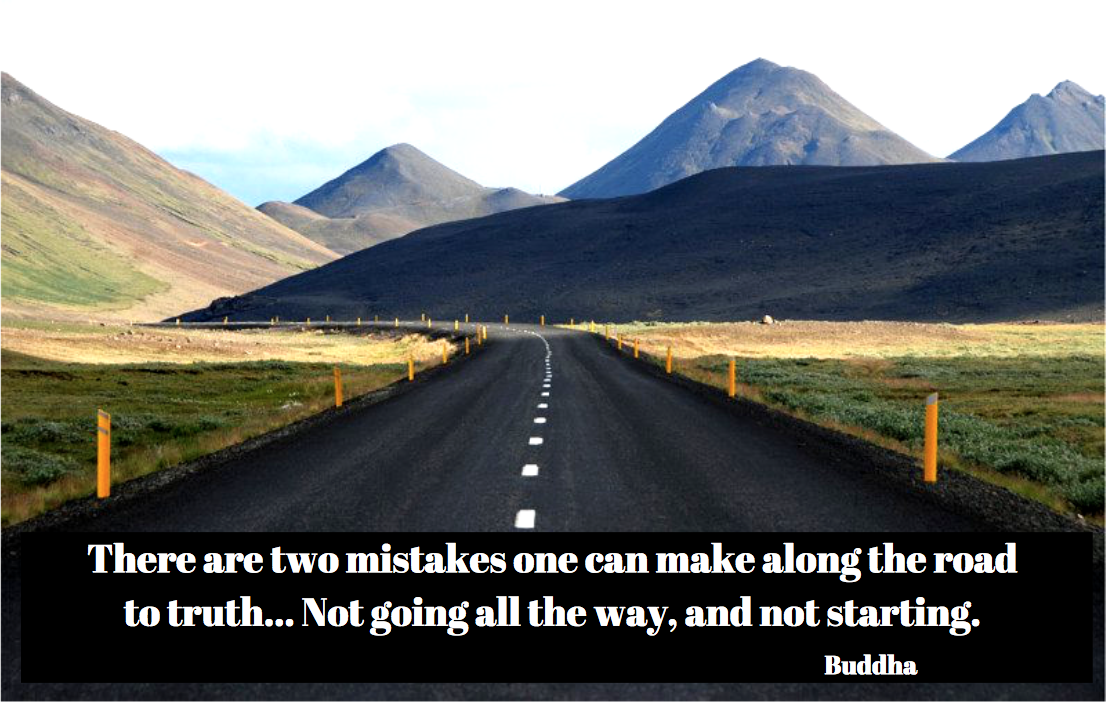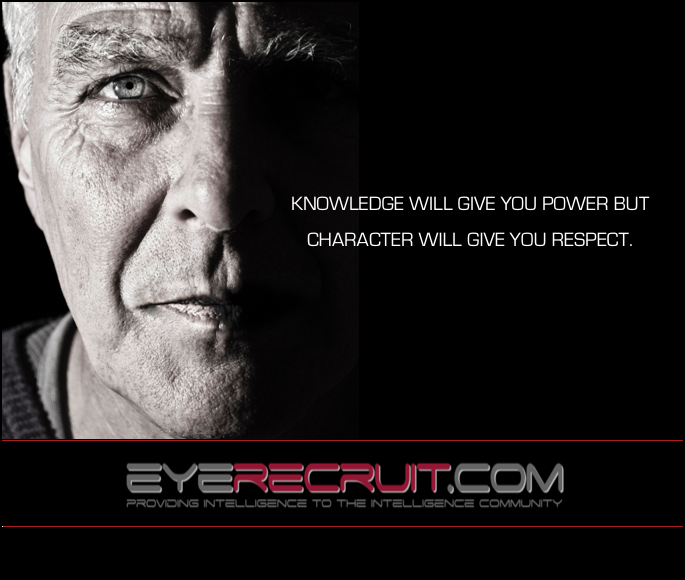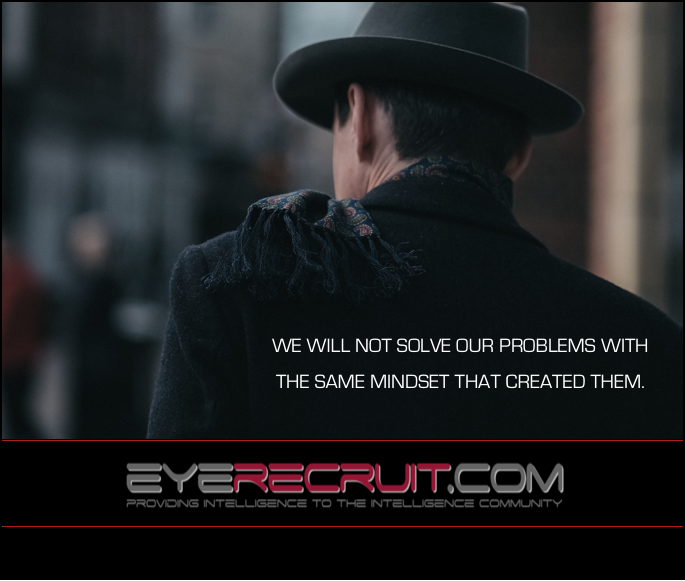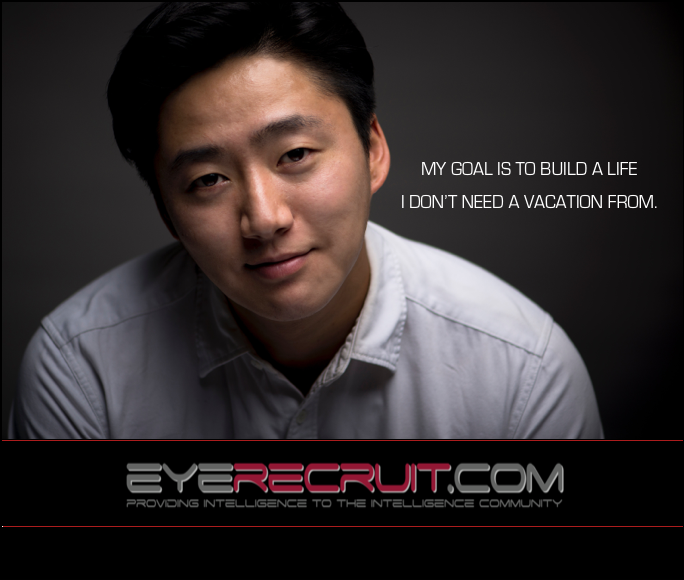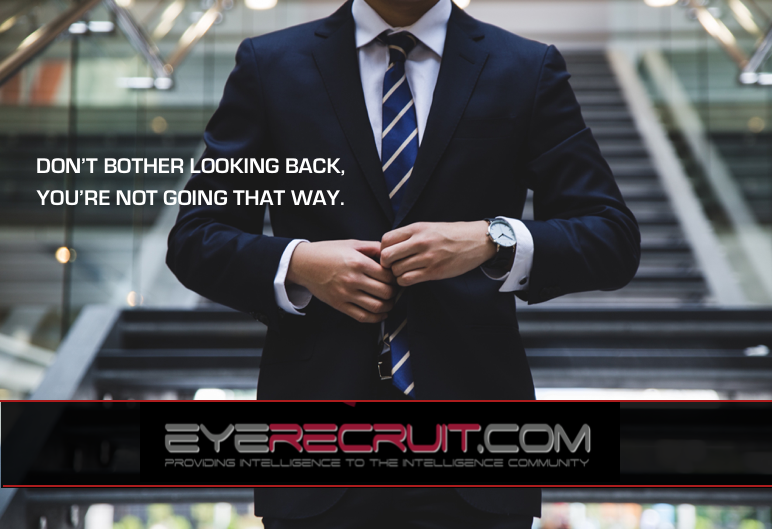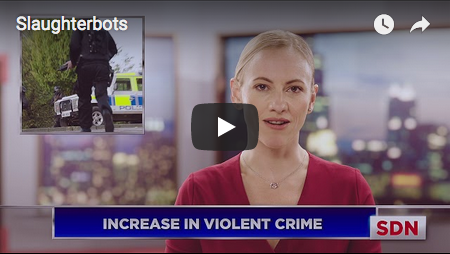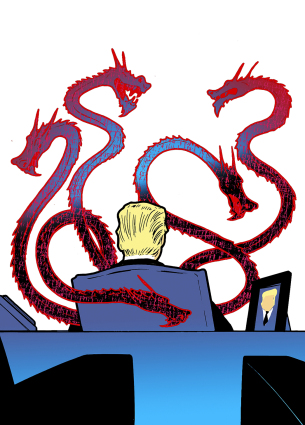Here is a list of 14 smart questions to ask the interviewer before your next job interview ends, that will not only make you look more intelligent but allow you to uncover more of the intel you need about the inner workings of a prospective company and uncover details that you might not have otherwise unveiled. Sound similar to duties within the Investigation & Security industry? It should.
The specific topic that we are addressing today revolves around what you need to do now that you’ve landed the interview. We are going to walk you through a few of the most common stumbling blocks, pitfalls, and traps that might keep you from advancing your career and how certain questions should trigger you to provide the responses you have been anticipating addressing.
This preparation includes not only researching the potential employer before agreeing to the sit-down interview, but you should always use the results of your research that will allow you to have a few questions prepared to go into any job interview. It’s the best way for you to determine if you would be happy working for this employer and whether your goals are aligned.
Yes, you are going to be gathering intelligence before, during and after the interview, so we recommend you be methodical and diligent. Both are the unwritten and unexpressed job requirements if you are going to represent the Investigative and Security industry, so get to know them intimately. Yes, there are similarities to the industry you represent, even in the initial job search stages, so if you are going to do it right, you should start off right.
While this article will provide insight, the greatest thing that you can take from this is one simple concept; you are not the only one being interviewed. No, we are not referencing the other potential candidates that the Interviewer might have scheduled for that day or to be interviewed for the same position. You, as the manager of your own career, are interviewing the employer just as much as they are interviewing you.
This meeting is your chance to discover if the job and the company to determine if this position and this company are right for you. Asking questions will give you the ability to discover some very important answers that will help you make the best career decisions in the short and long term. The very process of allowing you the ability to ask questions completely changes the dynamic of the interview and the hiring manager’s perception of you.
To be most effective, we need to start from the beginning. Stop looking at these interviews as a Job Interview and start seeing them as Career Advancement Interviews. The sooner you do, the sooner you will change not only how you conduct them, but the results you obtain. The goal is to have both you and the interviewer convinced that the job would be a great fit. To achieve this goal, for right now our focus must be on your proactive questions and not just answering the reactive ones.
So when the tables are turned and the interviewer asks, “Do you have any questions for me?” take advantage of this opportunity. This question is no longer an HR formality, it’s expected that you provide at least two questions. You are being tested. Yep, everything is said and every interaction point is a test. If you are not prepared with questions at this point you will appear disinterested in the job and the company.
If a candidate doesn’t have questions for me, it’s a huge red flag. Been in all three of the roles we are discussing; the interviewed, the interviewer and a neutral third party Recruiter, questions make or break the chances of a successful outcome in an Investigative or Security Interview.
We suggest having at minimum four questions prepared in case your original two are answered through the course of the interview. If you come across anything but engaged, I mean fully engaged, you will appear less intelligent, passionate, less of a team player and will be seen as not a good fit. To benefit from them, you need to think carefully about what you want to ask. Asking engaging questions is vital. Don’t’ ask questions for the sake of asking questions. Your questions can make or break your chances and if they’re not thoughtful or if you ask something that has already been addressed, you can hurt your chances more than it can help.
At the end, the interviewer will more than likely ask you the same question they have asked all the candidates before you… “Do you have any questions?” It’s an obvious question that you would be expecting and if it sounds canned, that’s because it is. There is a very good reason for this question. The very best interviewers in the Investigation & Security profession know not only to ask quality questions but how to ask questions. Many Human Resource professionals are just as adept at the investigative process as their field counterparts so don’t make any assumptions here.
Here are some smart questions to choose from – if they were not already addressed and answered to your satisfaction – to help you get a better overview of the role and the company. If presented correctly they will allow you to leave the interview with a positive and lasting impression. Use this list to make sure you’ve covered all your bases and with the understanding that no all questions will be appropriate for all positions or for all levels of career advance you are applying to.
The questions have already been formulated in the order that would produce the most advantageous results.
Question 1: Have I answered all your questions?
We suggest that before you begin asking your questions, using this as the first question “an open the door” and to transition into taking more of control of the conversation. To do this effectively you need to find out if there’s anything they’d like you to elaborate on.
You can do this by saying something like: “Yes, I do have a few questions for you — but before we get into those, I am wondering if I’ve sufficiently answered all of your questions?”
The interviewer will not only appreciate the offer, but it will give you a chance to gauge how well you’re doing. After you ask this question, keep quiet and look for verbal clues even if you feel that there is a long pause and your inner voice wants to fill the void with conversation. Give them the chance to respond.
If they say, “No, you answered all of my questions,” then take a reading of the non-verbal clues as well. This may tell you-you’re in good shape or if you need to drill down a little farther. If the interviewer responds with respond with, “Actually, could you tell me more about X?” or “Would you be able to clarify what you meant when you said Y?” this is your chance to add clarification. Don’t underestimate the value of this ability.
Question 2: How do I compare with the ideal candidate for this position?
This is a quick way to figure out whether your skills align with what the company and what they are currently looking for. If they don’t match up, then continuing to consider this opportunity is a waste of your time. Move to the “What’s your timeline for making a decision, and when can I expect to hear back from you” question, wait for their response, thank them for their time, and make your exit.
Question 3: What do you like most about working for this company?
What you are trying to do here is to find out the unadvertised advantages and to create a sense of camaraderie. This question gives you a chance to get an insider’s view of the best parts about working for the employer and the interviewer has extensive knowledge of the daily operations of the organization so there is no one better to ask at this stage.
Beyond the hard skills required to successfully perform this job, what soft skills would serve the company and position best?
Knowing what the interviewer knows about the skills the company thinks are important will give you more insight into its culture and management values. After the interview, you can evaluate whether you would fit in. The fit is just as important as the ability to complete job-related tasks.
Question 4: If you were to hire me, what might I expect on a typical day?
Starting the question off with the word “if” allows the interviewer to compare you with other candidates he or she has met with mentally. It also shows that you are not making an assumption about your qualifications and fit within the organization. It also gives you a better idea of what the job would be like on a daily basis so you can decide whether you have the skills to be successful in it and want to continue pursuing it.
Question 5: Do you have any hesitations about my qualifications?
You are intentionally putting yourself in a vulnerable position. It shows that you are confident enough in your skills and abilities to openly bring up and discuss your weaknesses. It also gives you another chance to look for verbal clues to how you are doing. Give them the chance to respond. Whatever the answer, don’t be defensive; you have been given a gift. Accept it graciously.
Question 6: Can you tell me what steps need to be completed before your company can generate an offer?
This is crucial. You need to know these details as they have an impact on you directly. Asking about an offer rather than a decision will give you a better sense of the timeline. Choosing to ask the interviewer about a “decision” is too subjective. We suggest using the word that reflects what you really want to know when asking the question: an offer.
Question 7: What are the challenges of this position?
Every job will have its challenges. What you are looking for here is honesty. If the interviewer says, “There aren’t any,” or talks in generalities to skate around the answer, you need to proceed with caution.
Question 8: What type of employee tends to succeed here and what are the qualities most important for doing well and advancing here?
Make a statement, while asking your question. Shows the interviewer that you care about your future at the company. This is also another question that is geared to help you decide if you’re a good fit for the position. When listing to the response, the individual they are describing should sound a lot like you.
Question 9: Is there anyone else I need to meet with or that would like me to meet with me?
This question will give you insight into how much the company values building team synergy. Yes, we like the word synergy at EyeRecruit, Inc. In addition, if the interviewer tells you additional information about the hiring process at this stage, you’ve gained a better sense of the hiring timeline.
Question 10: Will I have an opportunity to meet those who would be part of my team (or my manager) during the interview process?
This depends greatly on the level of position you are applying for. Getting the chance to meet with potential teammates or managers is essential to any professional interview process and will help you assess your position within the organizational structure.
Question 11: How do you evaluate success here?
The ability to know if the Employer’s values align with your own and how a company measures its employees’ success is important. The interviewer’s answer will help you understand what it would take to advance in your career working there.
Question 12: Is there anything we haven’t covered that you think is important to know about working here?
We suggest this as one of the first wrap-up questions and it will give you a break from doing all the talking. The goal here is to get an answer you didn’t even know to ask but is essential.
Question 13: What’s your timeline for making a decision, and when can I expect to hear back from you?
We use this as the suggested second to last wrap up question. This question tells the interviewer you’re interested in the role (if that is, in fact, correct) and eager to find out about their decision. After you have determined your fit for the position and culture, knowing a company’s hiring timeline should become your ultimate goal. The answer to this question will help you determine when and how to follow up, and how long you should wait before moving on.
Question 14: Is there anything else I can provide to help you make your decision?
This is the final wrap up question. This simple question will give you peace of mind that you’ve covered all your bases. This is what we refer to as a “proper” closing question. Presented correctly shows eagerness to help and be a team player, but does it with character and style.
If you are interested in including your Resume in our Professional Career Network Free:
Investigation Jobs Near You
Security Jobs Near You
Information Security Jobs Near You
Loss Prevention Jobs Near You
